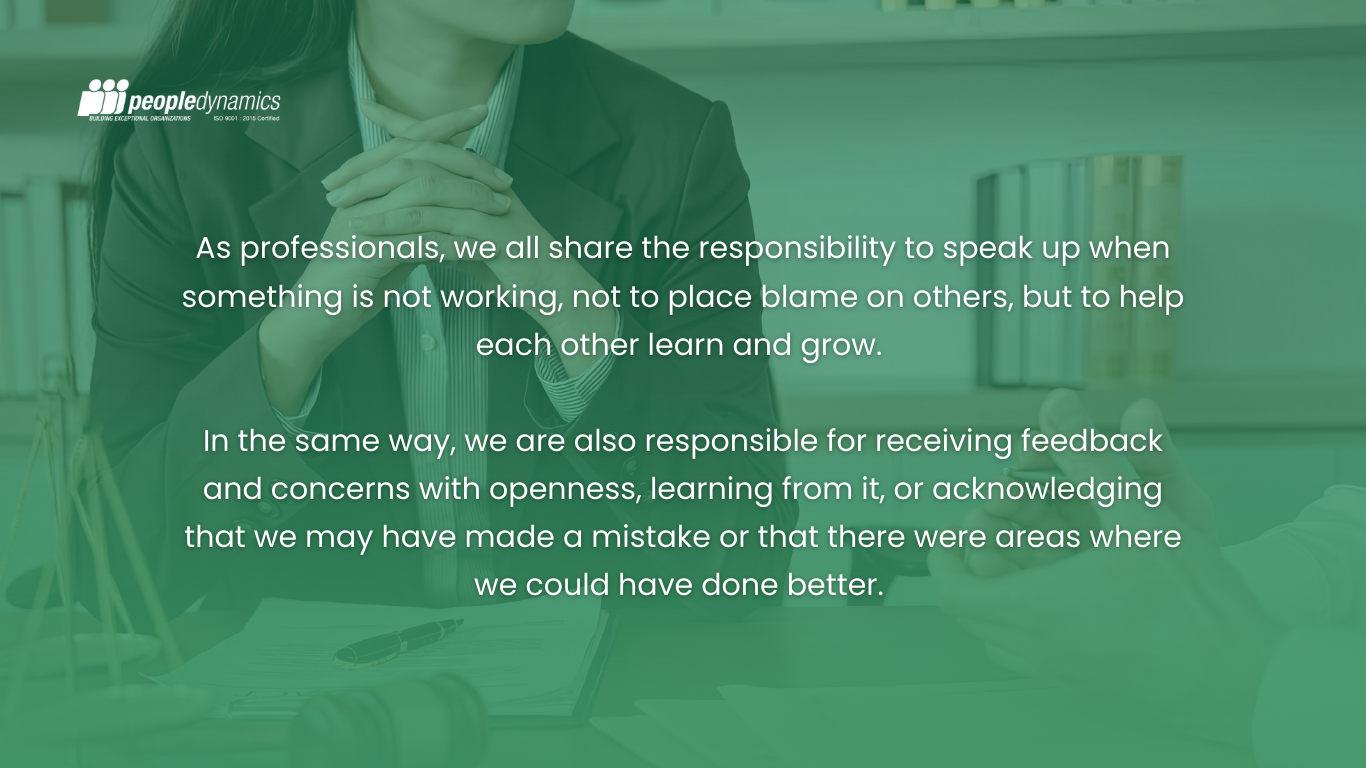There are a lot of skills needed to be considered a great leader, such as empathy, intelligence, decisiveness, and good communication skills. Leadership is fundamentally about facilitating high performance and motivating others to do things effectively and efficiently. For this function, emotional intelligence, especially mindfulness is a key attribute.
What is Mindfulness?
Mindfulness is being aware of your surroundings, your team members, and how you perform in the workplace. Being a mindful leader means that you are fully aware of what is happening in your business, and how your actions will affect others. It’s being “present” in your business and when it comes to what you do.
How is Mindfulness important for a leader?
Mindfulness gives you tools to measure and manage your life as you’re living it. When you are mindful, you pay attention to the present, enabling you to recognize your feelings and emotions and keeping them under control, especially when faced with stressful scenarios. You’re also aware of your presence and your influence on other people. Bill George of Harvard Business Review says that when you are mindful, “you’re able to both observe and participate in each moment while recognizing the implications of your actions for the longer term. And that prevents you from slipping into a life that pulls you away from your values.”
It’s an important skill for leaders to have because it will help them work better with their teams, make more informed decisions, and improve their relationships.
How could you cultivate Mindfulness at work?
Here are a few ways to cultivate mindfulness at work:
- Ask questions instead of assuming.
- Be conscious of workplace boundaries and don’t cross them.
- Encourage cooperation and communication.
- Have a genuine interest in your team members’ lives.
- Empower your team to work independently.
- Have an aversion to micromanagement.
- Develop and share a clear vision for the team and business.
- Practice empathetic listening.
Remember that to be a great leader, you have to be able to inspire and influence others. How could you do that when you just give commands and is never really there? This is why mindfulness is a critical attribute for leadership.




